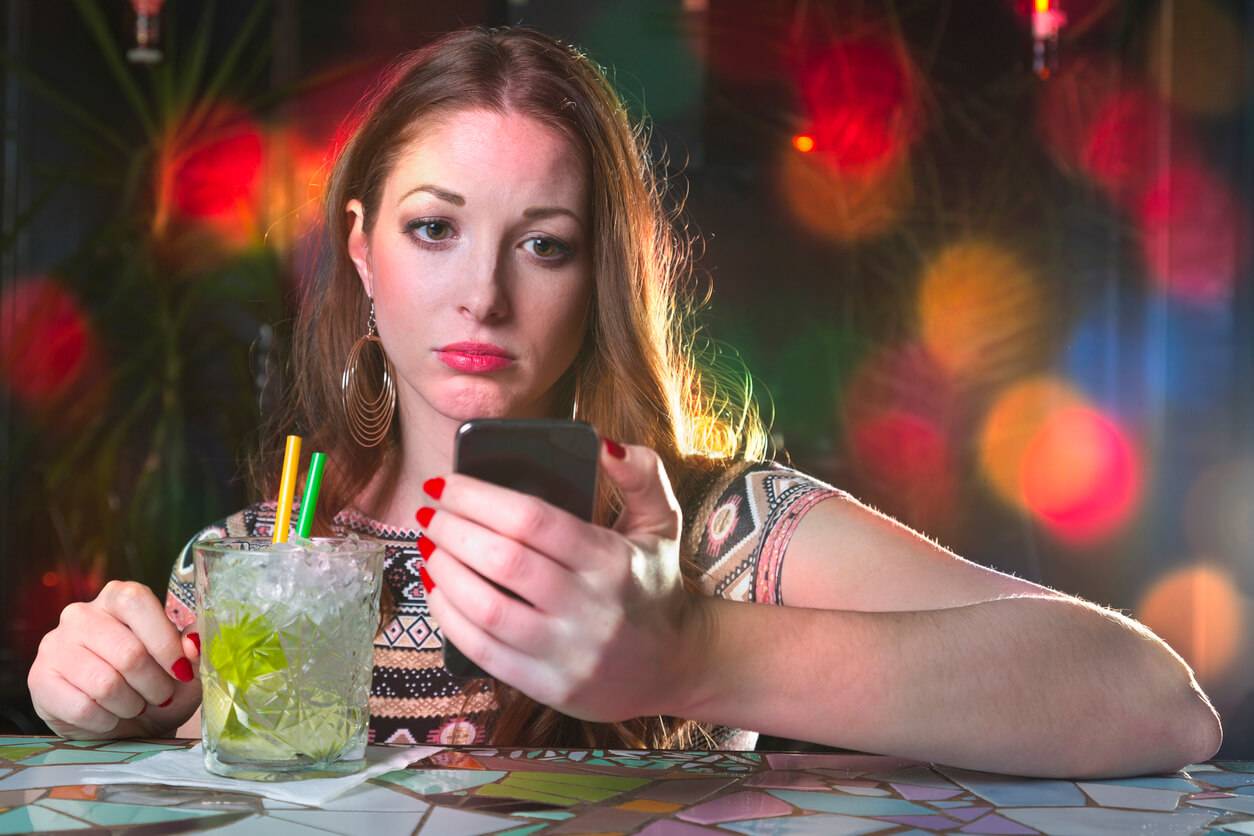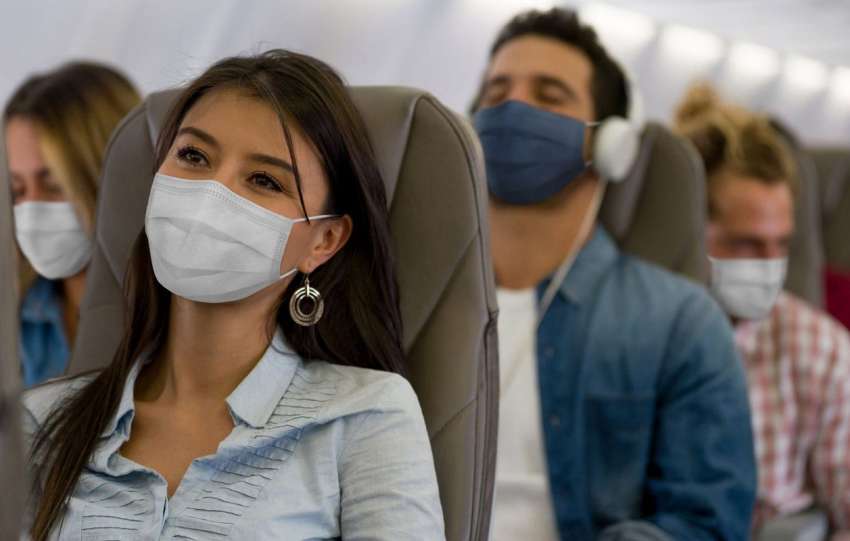Is Tinder safe?
Are fears about Tinder founded?
Recent court cases and growth in complaints show that online dating can be a dangerous game. Over the last three years, a dozen of the incident reported where men and women were raped, harassed, and murdered after matching online via TINDER. The most common crimes reported were of violence and sex offenses, including rape, grooming, and sexual exploitation of children. If I share my experience, a Friend of mine was using Tinder. He got “female friends” One of them was a desperate bipolar, another HIV + and the last one was a cyberstalker. “Awesome experience”. If you want to meet creeps like these, go ahead and face with horror.
Australian and other government officials are cautioning people against using dating apps like Tinder after an uptick in crimes like rape, harassment, stalking, and murder.
One thing that makes Tinder seem especially unsafe is the smattering of murders associated with the app. We’ll be unable to pinpoint the exact number of killings in which Tinder has played a role, although there are some pretty gruesome stories available. In recent years, there are notable examples that do not speak to Tinder’s safety.
Sydney Loofe had hit it off with a woman from Tinder, and the second date seemed safe enough. But for Loofe, that second date would also be her last. Two people were charged with the murder of Loofe, a 24-year-old woman from Lincoln, Nebraska, whose body was found dismembered in garbage bags and thrown into a field in December 2017. Bailey Boswell, 24, and Aubrey Trail, 51, are currently in custody in nearby Saline County, awaiting trial for first-degree murder and the improper disposal of human remains. Loofe was last heard from via a Snapchat selfie with the caption “Ready for my date,” before going out with Boswell on November 15th.
In June 2017, a young man named Joshua Stimpson stabbed a woman named Molly McLaren to death in Kent, England. Stimpson and McLaren dated on and off for about seven months after they met on Tinder. When she ended it for good, he started making threatening comments about her on social media. She informed the authorities and told those close to her she was worried about what he might do to her. Ultimately, he attacked her with a paring knife while she was sitting in her car.
In the other Tinder related murder, a 26-year-old woman in Mexico City went missing after having gone on several Tinder dates with a guy her age. Her bones were then found in a trash bag at his home, and he was accused of dissolving her body in hydrochloric acid after refusing to have sex with him. In 2018, a man in Winnipeg, Canada, was stabbed by two women and an 18-year-old boy after connecting on Tinder. There’s another case in which a man in Colorado is charged with murdering his wife after she found out he has a fling on Tinder. And the list is long.
Tinder and STIs
Tinder is also unsafe regarding sexual health perspective. Tinder has been blamed for rising STI rates on numerous occasions. According to the New York Times, transmission rates for the most common STIs—chlamydia, syphilis, and gonorrhea—began climbing markedly around 2014, especially among young people. The Times noted that the trend could be linked to budget cuts for sexual health programs, or the so-called “Tinder effect”: more strangers meeting and bumping uglies. Since Tinder is a hook-up app, you won’t find anything but creeps and freaks on those apps.
In 2016, Gizmodo submitted a Freedom of Information Act request to the Federal Trade Commission to gauge precisely what kind scams played out on Tinder. You might recall the 2016 “Tinder safe dating” scam in which spambots would ask users to click a link verifying their account, under the guise of creating a “safe” interaction. Vigilant users might notice a few suspicious signs that their chat partner isn’t human. For instance, super-fast responses that don’t necessarily fit the flow of the conversation, pics that are too steamy for Facebook’s standards, or links to sites that either infect your device with malware or demand credit card information.
How to stay safe with a dating app?
Avoid apps that let just anyone text you: People already get lots of unpleasant and disrespectful messages. That probably can’t be avoided entirely, but if you use an app that requires both parties to express interest before they start messaging, you may get fewer messages that make you feel unsafe or uncomfortable.
Avoid sharing too many personal details on the app: Don’t include your last name, contact information, or social media account handles. And while you’re checking your online dating profile, check your other social media accounts. Do they have lots of information that would make it easy for a stranger to steal your identity or track you down in real life?
 Use dating app’s messaging: It might be less convenient than texting with your phone’s default messaging system, but it gives you extra protection.
Use dating app’s messaging: It might be less convenient than texting with your phone’s default messaging system, but it gives you extra protection.
Talk to mutual friends: Dating apps will sometimes show you when you and the person you’re talking to have mutual friends. Check-in with those friends and find out what they think of the person you’re interested in.
Stay alert: you should be able to trust those around you to be respectful, safe, and kind, but unfortunately, that’s not always reality. Take extra care of yourself when you’re out with a stranger. Don’t leave your drink unattended, drink less than you would if you were out with close friends, and avoid staying out until you’re exhausted.
Following the advice can help you stay safe in the dating world, but if something or someone makes you feel unsafe, it’s your right to leave at the very moment.
Have you tried any online dating sites? What did you do to make sure you felt safe? Share your experience in the comments below.







